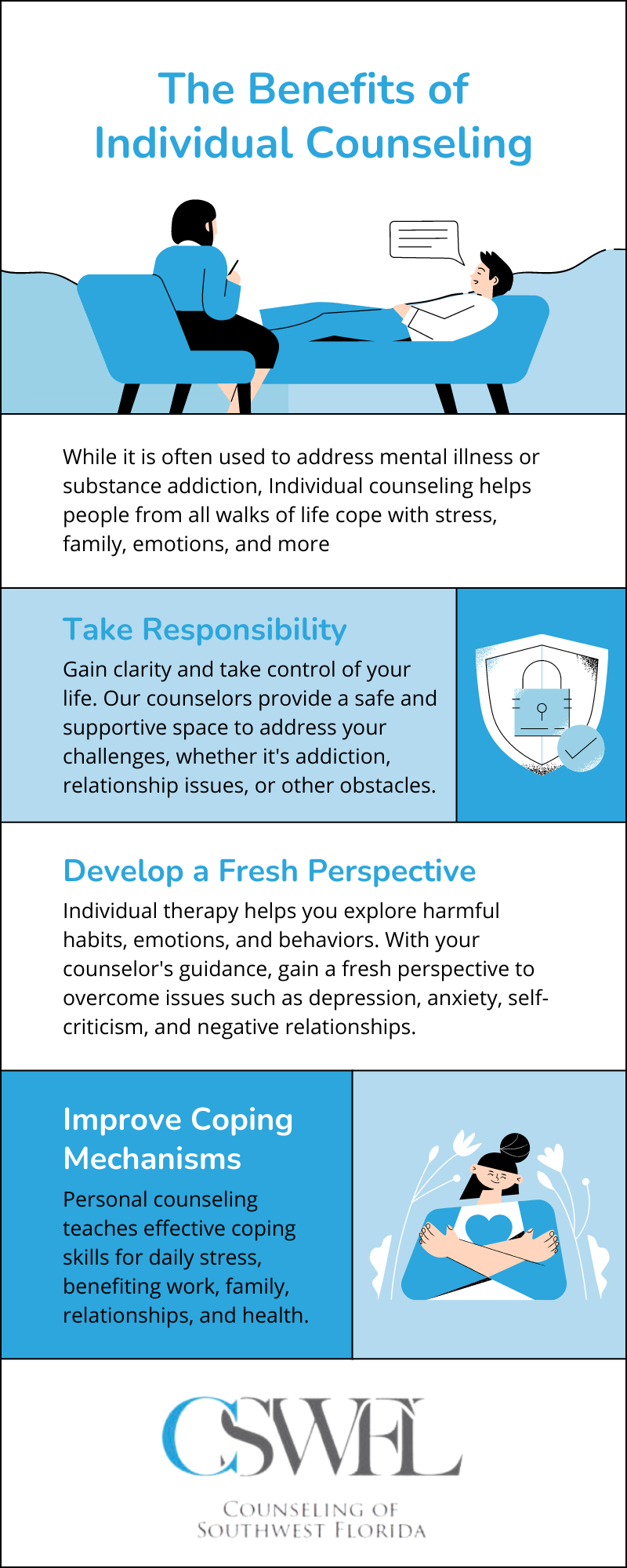Recognizing the Value of Psychological Therapy for Teen Growth and Wellness
Psychological therapy plays a critical function in the development and health of young adults. It resolves a variety of mental health issues that can prevent their development. Through treatment, teens can discover important coping strategies and boost their psychological intelligence. This procedure promotes resilience, permitting them to much better navigate life's obstacles. Nevertheless, numerous still hesitate to participate in discussions concerning mental wellness. Checking out the factors behind this hesitation exposes deeper understandings into the teenage experience.
The Impact of Teen Mental Health on Overall Growth
The interplay in between teenage mental wellness and overall growth is complex and profound. Throughout the crucial stage of adolescence, individuals undertake considerable physical, emotional, and social adjustments that shape their identity and future. Mental wellness plays a crucial role in this procedure, affecting scholastic efficiency, partnerships, and self-esteem. Positive psychological health promotes durability and adaptability, making it possible for teens to navigate difficulties properly. Conversely, mental wellness concerns can impair cognitive functions, interrupt social communications, and prevent psychological regulation, resulting in a cascade of developing obstacles.
The setting in which teens expand-- incorporating family members characteristics, peer impacts, and social expectations-- communicates with their mental well-being, further complicating their developmental trajectory. Recognizing the importance of mental health in this phase is essential for advertising healthy and balanced growth and making certain that teenagers can thrive, both during their developmental years and beyond. Prioritizing mental health assistance can significantly boost their general growth and future capacity.
Common Mental Health Issues Encountered by Teenagers
While steering with the complexities of teenage years, several teens experience a range of psychological health and wellness problems that can considerably influence their lives. Stress and anxiety disorders are widespread, usually defined by excessive concern or worry that disrupts everyday activities. Clinical depression is one more usual problem, manifesting as relentless sadness, loss of passion, and problem in operating. Furthermore, behavior issues, such as opposite defiant problem, can result in problems with authority figures and a battle to adhere to social standards. Eating problems, including anorexia nervosa and bulimia, might occur as young adults come to grips with body picture and social stress. Lastly, chemical abuse can create as an illinformed effort to manage emotional distress. These psychological health difficulties, if unaddressed, can prevent academic performance and interpersonal partnerships, underscoring the need for understanding and assistance within this vulnerable age group.
The Function of Treatment in Structure Coping Strategies
Therapy plays a substantial duty in gearing up teens with reliable coping approaches to navigate their mental health difficulties. With organized sessions, specialists aid teens identify and understand their emotions, fostering self-awareness. By using different methods such as cognitive-behavioral treatment, teenagers discover to test negative thought patterns and replace them with useful ones. This process enables them to develop healthier reactions to stressors.
Furthermore, treatment gives a secure setting for teens to practice these strategies, helping with the change from theory to real-life application. Role-playing and circumstance evaluation enable them to rehearse coping devices in a helpful space. As teenagers encounter special pressures-- scholastic demands, social dynamics, and identification exploration-- having actually image source customized coping approaches ends up being vital. Ultimately, treatment not only addresses prompt worries however likewise instills long-lasting skills that allow adolescents to take care of future difficulties, advertising general psychological well-being and strength in their development.
Cultivating Resilience and Psychological Intelligence With Therapy
Exactly how can treatment nurture strength and emotional knowledge in young adults? Therapy gives a safe setting where adolescents can explore their ideas, actions, and emotions. With led discussions and tasks, therapists aid young adults identify and comprehend their sensations, fostering emotional understanding. This recognition is a cornerstone of emotional intelligence, allowing them to feel sorry for others and manage interpersonal connections successfully.
In addition, therapy gears up teens with this content devices to browse life's obstacles, advertising resilience. By dealing with past traumas, frustrations, and stress factors, they find out to create coping devices that encourage them to face adversity. Therapists typically motivate goal-setting, which imparts a sense of function and accomplishment.
As teens practice these skills in therapy, they become much more proficient at managing obstacles and unpredictabilities (Individual Teen Counselling). Inevitably, this nurturing of strength and psychological intelligence prepares them for the complexities of adult life, boosting their total psychological health and well-being

Urging Open Dialogue Concerning Mental Wellness in Teenagers
What approaches can efficiently promote open dialogue regarding mental health amongst young adults? Developing a helpful and safe environment is basic. Instructors and moms and dads must motivate discussions by stabilizing discussions about mental wellness, highlighting that it is a considerable aspect of total wellness. Active listening plays an important duty; adults must be conscientious and non-judgmental when teens share their sensations or problems.
Integrating mental wellness education right into institution curriculums can additionally help with open discussion. Workshops, peer support system, and mental important link health understanding campaigns can equip teenagers to reveal themselves more openly. Additionally, making use of social networks systems can be useful, as they are frequently where teens really feel most comfy communicating. By fostering an atmosphere of count on and openness, grownups can aid teenagers recognize that discussing psychological wellness is not only appropriate yet required for their advancement and psychological health.
Often Asked Inquiries
How Can Parents Identify Indicators of Mental Health Issues in Teenagers?
Moms and dads can identify signs of mental health and wellness concerns in young adults by observing changes in habits, state of mind swings, withdrawal from tasks, decreasing academic performance, modifications in rest or cravings, and sharing feelings of despondence or stress and anxiety.
What Kinds of Treatment Are Most Effective for Teens?
Cognitive Behavior Modification (CBT), Dialectical Behavior Modification (DBT), and group therapy are among the most effective types for teens. Individual Teen Counselling. These approaches foster coping skills, emotional regulation, and provide peer support, important for teen mental health
How Can Therapy Support Academic Efficiency in Teenagers?

What Should Teenagers Expect During Their First Treatment Session?
Throughout their very first therapy session, teenagers can anticipate a welcoming atmosphere, an introduction to the specialist, conversations regarding their issues, and establishing objectives (Individual Counselling Services). Discretion and the healing process will additionally be described to promote comfort and trust fund
Exactly How Can Teenagers Locate a Specialist That Suits Their Demands?
Teens can find an ideal therapist by looking for suggestions from trusted grownups, investigating online directory sites, considering specializeds, and scheduling first examinations to evaluate compatibility and interaction styles, inevitably guaranteeing an encouraging restorative partnership.
